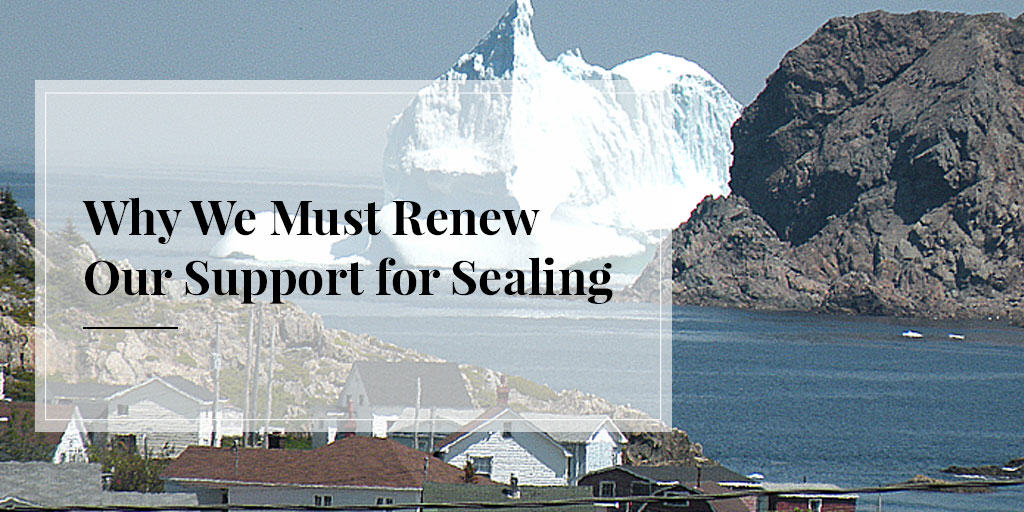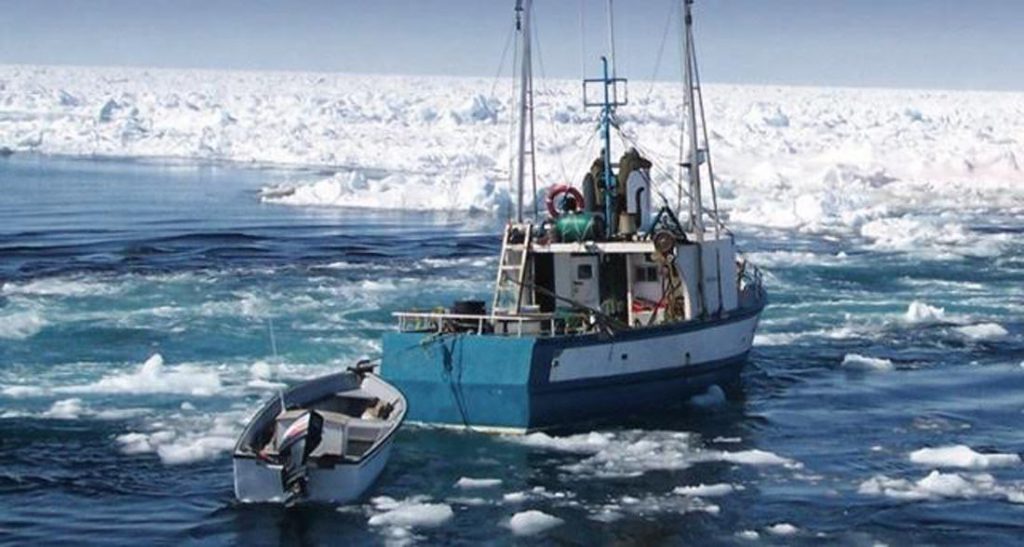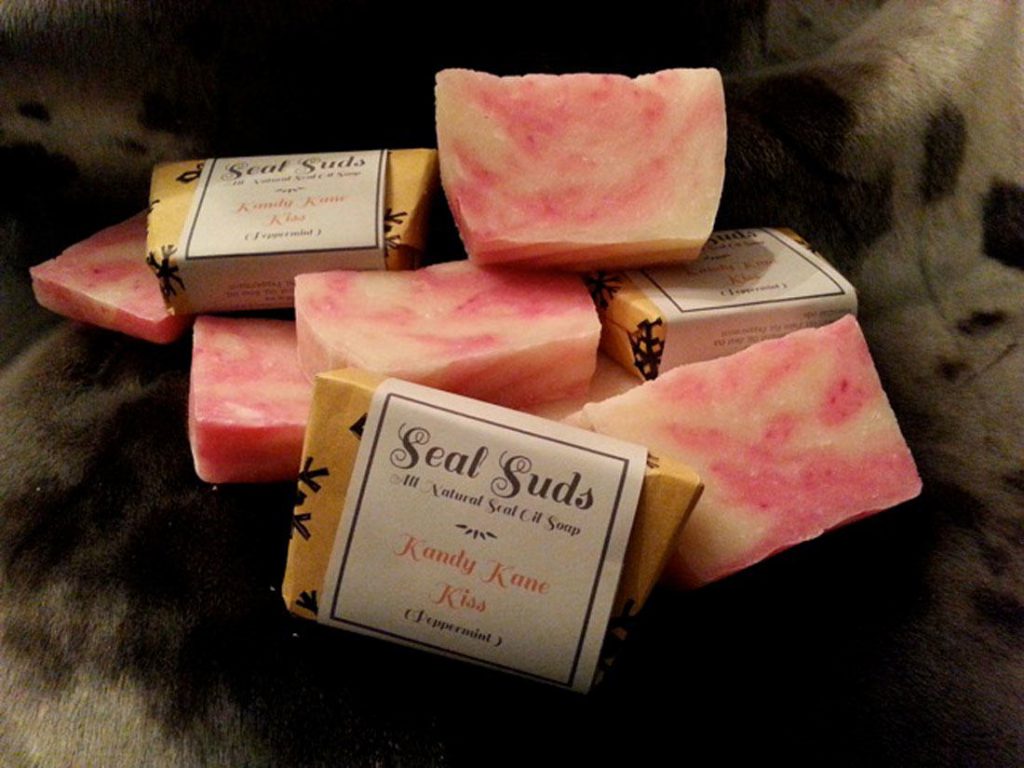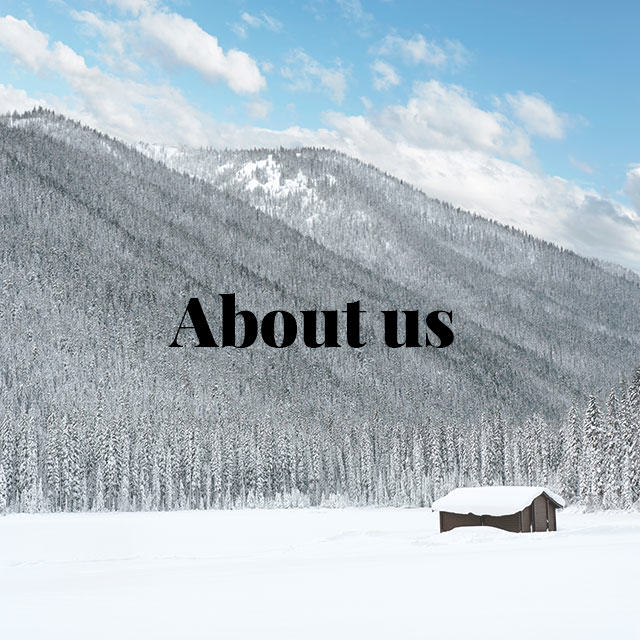
Of all conflicts between advocates of sustainable use of wildlife and advocates of animal rights, none has been more enduring than the sealing issue. For more than 50 years, sealers have been on the front line in a war to decide how we manage our wildlife – so long, in fact, that there is a danger their supporters will lose interest. To everyone who recognises the importance of keeping this traditional harvest alive, I say, renew your support for sealing. It’s needed now as much as ever.
Sealing was not always the cause célèbre of the animal rights movement. Back in the 1960s, when the anti-sealing campaign began, the prime target was whaling. Despite the little-known fact that the whaling industry had already halted the excesses of its past, animal rightists (and not a few conservationists) were determined to shut it down completely. And they nearly succeeded.
This cleared the way for the anti-sealing campaign to grab the headlines – something it has been doing ever since. Half a century on, the beleaguered sealers are still fighting, with the current battleground being the EU.
SEE ALSO: CANADA CELEBRATES ITS FIRST NATIONAL SEAL PRODUCTS DAY
What makes the sealing story so remarkable is that it has lasted this long. Most of the credit belongs to the sealers themselves – both indigenous communities of the High North, and the descendants of settlers – for their refusal to die. Thanks also must go to a handful of governments for their unflinching support.
The sealers, of course, are fighting for the future of their cultures and one of the few livelihoods available to them. Anyone who has visited the northern reaches of the world will understand why. We are struck by the natural beauty of the rugged landscape, the purity of the air, and the abundance of life in the oceans. This beauty continues to exist because people maintain traditional ways of life, and central to this is utilizing local natural resources, including seals. Fishermen and hunters tackle the seas and the ice to bring home their catch, and what they don’t consume, they sell.
This beauty continues to exist because people maintain traditional ways of life, and central to this is utilizing local natural resources, including seals.
Governments, meanwhile, have supported the sealers for a variety of reasons. They recognise their right to self-determination, they want to keep people “on the land” (not flooding into overcrowded cities), and they recognise the role played by wildlife use in ecosystem management. Because seals consume commercial fish and forage species, and sustain others such as sharks and orcas, governments are increasingly focusing their research on the impact of seals and seal harvesting on the ecosystem as a whole.
This approach reflects a need to ensure that seal populations will continue to thrive. It also ensures that we live up to a moral responsibility to understand the impacts of harvesting choices on other species. This can mean limiting seal harvesting or encouraging it, depending on particular regional circumstances.
Finding the right balance between prey and predators makes the marine ecosystem more productive and preserves its biodiversity.

Veterinarians, too, have supported sealers by denouncing the message of animal rights groups that sealing is inhumane. The most common method for harvesting seals is using a rifle, while use of the “hakapik”, a traditional harvesting tool, is increasingly rare today. Veterinarians consider both to be humane because they consistently cause instant unconsciousness before death.
The sealers have also received broad support from advocates of sustainable use with no direct interest in sealing. Croc farmers, kangaroo meat harvesters, you name it; across the globe, wildlife users have thrown their support behind the sealers. Meanwhile major conservation groups such as the IUCN and WWF have acknowledged that sealing does not pose any conservation issues.
Yet despite the perseverance of the sealers themselves and the breadth of support for sealing, all is not well in paradise. The relentless attacks from groups with seemingly inexhaustible funds have tested our support to the limit and found it wanting. Proof of this is the fact that sealers are still losing ground with the recent closure of the EU market (except for that reviled exemption for products from indigenous communities). The enormous potential US market, meanwhile, is just as far off as ever. The US has banned all marine mammal products since 1972, and no one, not even the governments of sealing nations, is willing to mount a serious challenge to this ban.
SEE ALSO: EU SEALING POLICY IS HYPOCRITICAL, ANTI-DEMOCRATIC
So to any wildife user wavering in their support for sealing, I recite the classic poem of German Lutheran pastor Martin Niemöller:
“First they came for the Socialists, and I did not speak out –
Because I was not a Socialist.
Then they came for the Trade Unionists, and I did not speak out –
Because I was not a Trade Unionist.
Then they came for the Jews, and I did not speak out –
Because I was not a Jew.
Then they came for me – and there was no one left to speak for me.”
As advocates of sustainable use, we should be enormously thankful that, against all odds, the sealers have survived the last 50 years. But we must not take their survival for granted. They are under constant threat and cannot be allowed to disappear, if for no other reason than that we may be next.

FROM OUR WEBSITE: IS IT ETHICAL TO PRODUCE, BUY OR WEAR FUR?










